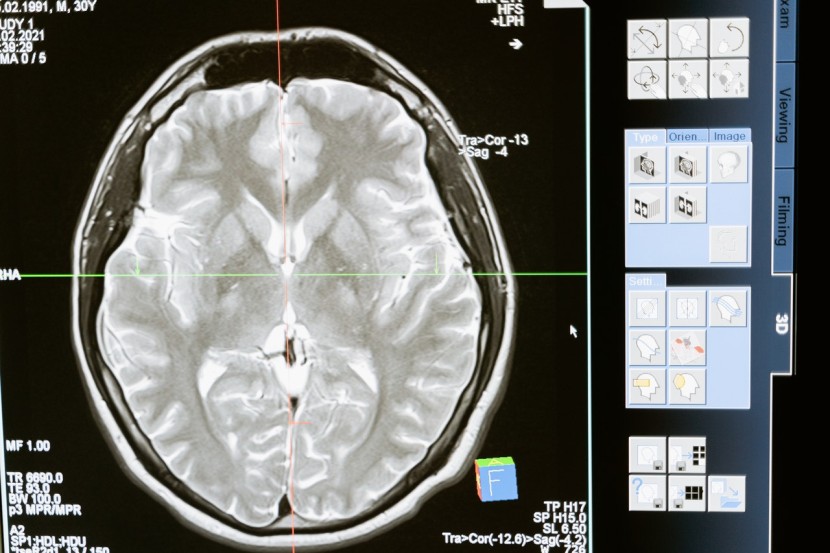
A new study suggests that the coronavirus pandemic could lead to brain tissue damage that equals roughly an extra year of aging for patients, even mild cases of the virus.
Researchers published the research in Nature, which stands out due to the majority of the patients involved having mild COVID. Many of the other studies in the field have focused on people who developed moderate to severe cases of the infection.
COVID and Brain Tissue Loss
An associate professor at the Nuffield Department of Clinical Neurosciences at Oxford, Gwenaelle Douaud, who is the lead author of the paper, said that the excess loss of brain volume was equivalent to at least an extra year of normal aging. She and her colleagues observed brain scans of hundreds of British individuals within the study.
The lead author said that while it was damage to the brain, it was a condition that was reversible despite being relatively terrifying because it was seen in mildly-infected patients. Douaud and her team based their study on a rich data source, the United Kingdom Biobank, as per NBC Philadelphia.
The researchers focused their study on 401 patients who were between 51 and 81 years old who had tested positive for the coronavirus. They then invited the individuals for a second brain scan which they received after an average of five months into their infections. Only 15 of the participants experienced being sent to the hospital because of the virus.
The team then compared the pairs of scans to those of a control group of 384 UK Biobank participants who did not test positive for the coronavirus and were matched based on the other group's rate of obesity, blood pressure, smoking, and diabetes. They were also analyzed for their socioeconomic status, age, and sex.
According to NBC News, the pairs of MRIs that were separated by an average of roughly three years showed researchers a trend among patients who were infected with COVID. There was a greater loss of what's known as gray matter in the brain and a higher rate of abnormalities in the brain tissue.
Extra Year of Aging
The chief of neurological infections and global neurology at the Yale School of Medicine, Dr. Serena Spudich, who was not involved in the study, said it was convincing evidence of changes in the brains of people infected with the coronavirus. However, she cautioned that the virus' long-term clinical implications are a bit of a stretch.
The researchers of the study noted that in normal aging, people lose a small fraction of gray matter every year. In regions related to memory, the normal annual loss is around 0.2% and 0.3%, they said.
The research found that the difference between gray matter loss between infected and non-infected people was around 0.2% to 2%, with infected people losing more gray matter over the course of their lives. Spudich, who studied the neurological effects of the coronavirus on patients, said the amount of loss was surprising and that she never expected to see such a percentage increase, the New York Times reported.
Related Article:
© 2026 HNGN, All rights reserved. Do not reproduce without permission.








